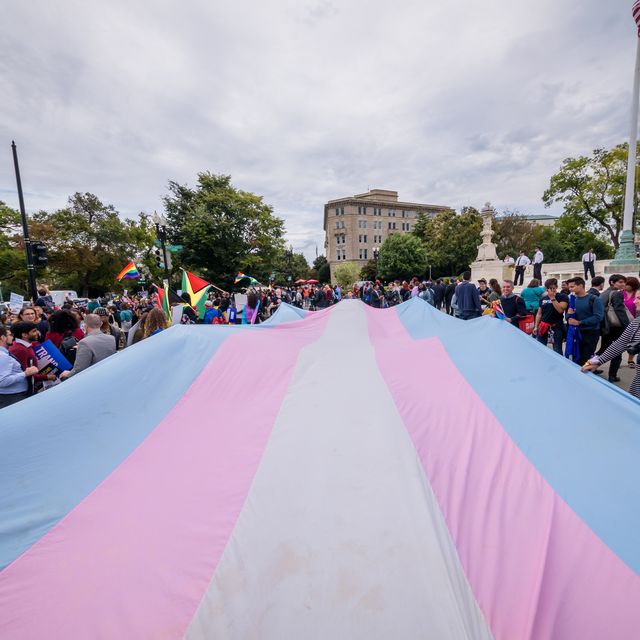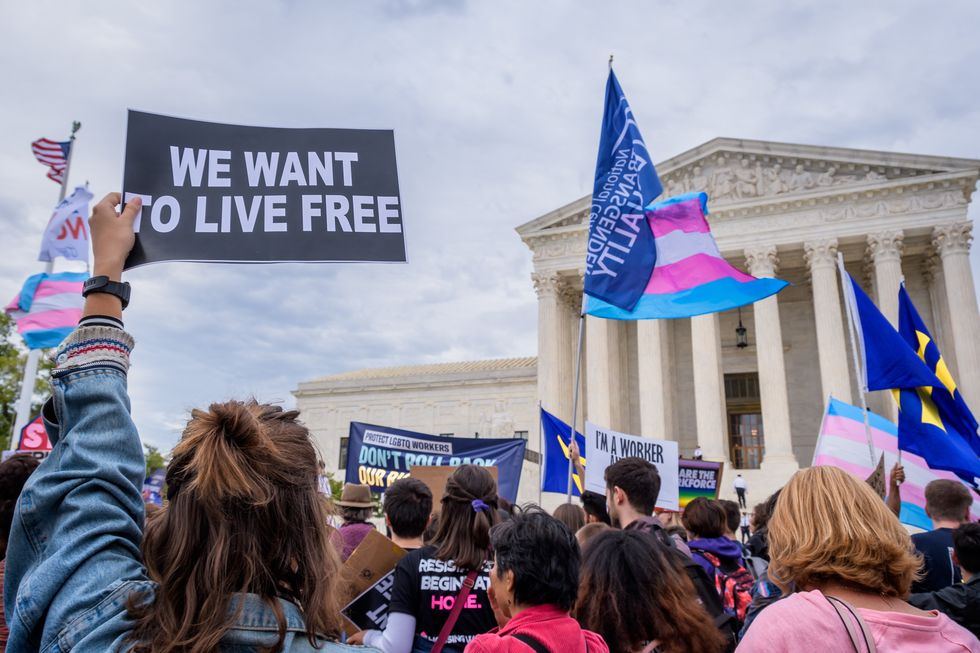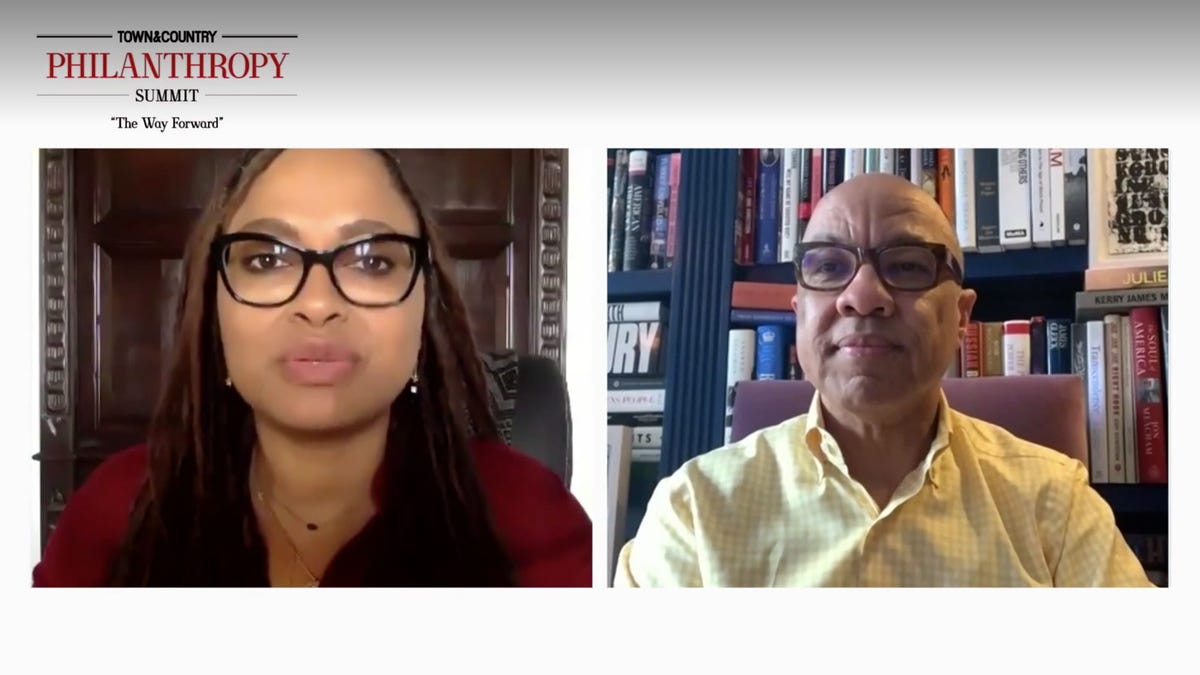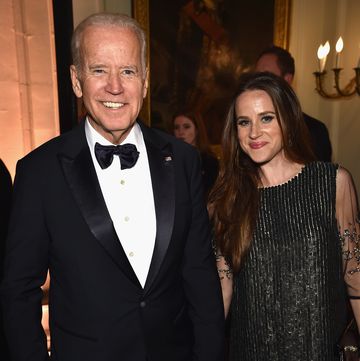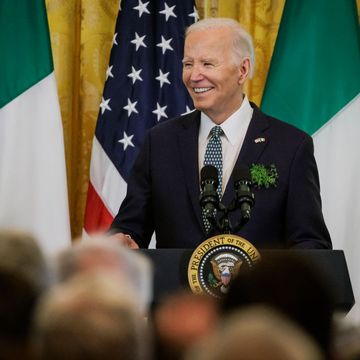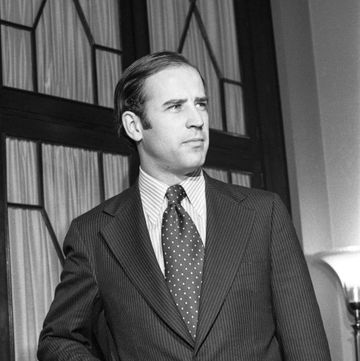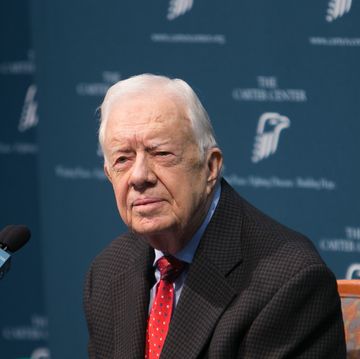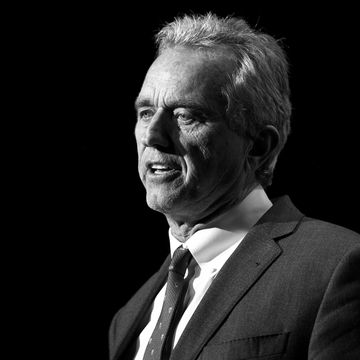In a 6–3 vote, the Supreme Court ruled on Monday that Title VII of the 1964 Civil Rights Act protects gay and transgender employees from workplace discrimination.
Justice Neil Gorsuch, a conservative and Trump-appointed justice, wrote the majority opinion in the case of Bostock v. Clayton County, representing himself and Chief Justice John Roberts Jr. and Justices Ruth Bader Ginsburg, Stephen G. Breyer, Sonia Sotomayor, and Elena Kagan.
"Ours is a society of written laws," Gorsuch wrote. "Judges are not free to overlook plain statutory commands on the strength of nothing more than suppositions about intentions or guesswork about expectations. In Title VII, Congress adopted broad language making it illegal for an employer to rely on an employee’s sex when deciding to fire that employee. We do not hesitate to recognize today a necessary consequence of that legislative choice: An employer who fires an individual merely for being gay or transgender defies the law."
The Civil Rights Act provision in question barred employee discrimination on the basis of race, color, religion, national origin, and sex. The Trump administration argued that the law's prohibition of sex discrimination applied strictly to those who identify as men and women, and not to gay, transgender, or other gender nonconforming employees.
Justice Samuel Alito wrote in the dissent, "Even if discrimination based on sexual orientation or gender identity could be squeezed into some arcane understanding of sex discrimination, the context in which Title VII was enacted would tell us that this is not what the statute's terms were understood to mean at that time."
The ruling comes just days after the Trump administration moved to erase health care protections for transgender people, in which the Department of Health and Human Services announced last Friday that it no longer recognized gender identity as a factor in sex discrimination. This rule would legally allow for a medical provider to refuse care to those who do not identify with the sex they were assigned at birth.
Rodrigo Heng-Lehtinen, the deputy executive director of the National Center for Transgender Equality, told The New York Times, "It's really, really horrendous to not only gut nondiscrimination protections, but to gut nondiscrimination protections in the middle of a pandemic. This rule opens a door for a medical provider to turn someone away for a Covid-19 test just because they happen to be transgender."
Chase Strangio, the deputy director for transgender justice at the American Civil Liberties Union (ACLU), tweeted that the latest SCOTUS ruling will most likely void the HHS announcement, since it was based on a federal interpretation of sex discrimination.
"The HHS rule is based on an interpretation of sex under federal law," Strangio wrote. "The courts decide not Trump. Today the highest court just decided."
As an associate editor at HarpersBAZAAR.com, Chelsey keeps a finger on the pulse on all things celeb news. She also writes on social movements, connecting with activists leading the fight on workers' rights, climate justice, and more. Offline, she’s probably spending too much time on TikTok, rewatching Emma (the 2020 version, of course), or buying yet another corset.
